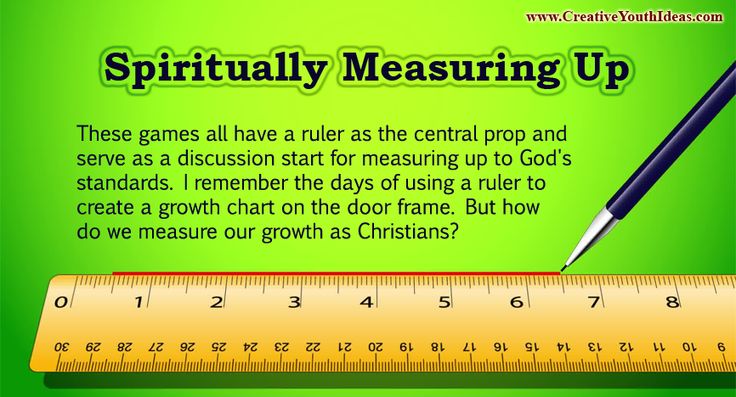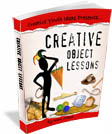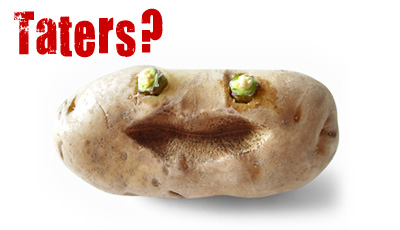An illustration
In Brooklyn, New York, Chush is a school that caters to learning-disabled children. Some children remain in Chush for their entire school career, while others can be mainstreamed into conventional schools.
At a Chush fund-raising dinner, the father of a Chush child delivered a speech that would never be forgotten by all who attended. After extolling the school and its dedicated staff, he cried out, “Why is the perfection not in my son Shaya? Everything God does is done with perfection. But my child cannot understand things as other children do. My child cannot remember facts and figures as other children do. Where is God’s perfection?
The audience was shocked by the question, pained by the father’s anguish, and stilled by the piercing query. “I believe,” the father answered, “that when God brings a child like this into the world, the perfection that he seeks is in the way people react to this child.” He then told the following story about his son:
One afternoon, Shaya and his father walked past a park where some boys Shaya knew were playing baseball. Shaya asked, “Do you think they will let me play?” Shaya’s father knew that his son was not at all athletic and that most boys would not want him on their team. But Shaya’s father understood that if his son was chosen to play it would give him a comfortable sense of belonging.
Shaya’s father approached one of the boys in the field and asked if Shaya could play. The boy looked around for guidance from his teammates. Getting none, he took matters into his own hands and said “We are losing by six runs and the game is in the eighth inning. I guess he can be on our team and we’ll try to put him up to bat in the ninth inning.”
Shaya’s father was ecstatic as Shaya smiled broadly. Shaya was told to put on a glove and go out to play short center field. In the bottom of the eighth inning, Shaya’s team scored a few runs but was still behind by three. In the bottom of the ninth inning, Shaya’s team scored again and now with two outs and the bases loaded with the potential winning run on base, Shaya was scheduled to be up.
Would the team actually let Shaya bat at this juncture and give away their chance to win the game? Surprisingly, Shaya was given the bat. Everyone knew that it was all but impossible because Shaya didn’t even know how to hold the bat properly let alone hit with it. However as Shaya stepped up to the plate, the pitcher moved a few steps to lob the ball in softly so Shaya should at least be able to make contact.
The first pitch came and Shaya swung clumsily and missed. One of Shaya’s teammates came up to Shaya and together they held the bat and faced the pitcher waiting for the next pitch. The pitcher again took a few steps forward to toss the ball softly toward Shaya. As the pitch came in, Shaya and his teammate swung at the ball and together they hit a slow ground ball to the pitcher.
The pitcher picked up the soft grounder and could easily have thrown the ball to the first baseman. Shaya would have been out and that would have ended the game. Instead, the pitcher took the ball and threw it on a high arc to right field, far beyond the reach of the first baseman. Everyone started yelling, “Shaya, run to first. Run to first.” Never in his life had Shaya run to first. He scampered down the baseline wide-eyed and startled.
By the time he reached first base, the right fielder had reached the ball. He could have thrown the ball to the second baseman who would tag out Shaya, who was still running. But the right fielder understood what the pitcher’s intentions were, so he threw the ball high and far over the Third baseman’s head. Everyone yelled, “Run to second, run to second.” Shaya ran towards second base as the runners ahead of him deliriously circled the bases toward home.
As Shaya reached second base, the opposing short stop ran to him, turned him in the direction of third base, and shouted, “Run to third.” As Shaya rounded third, the boys from both teams ran behind him screaming, “Shaya run.” Shaya ran home, stepped on home plate and all 18 boys lifted him on their shoulders and made him the hero, as he had just hit a “grand slam” and won the game for his team.
“That day,” said the father softly with tears now rolling down his face,
“those 18 boys reached their level of God’s perfection.”




 Some youth like to tell others what do do, but don’t want to soil their own hands.
Some youth like to tell others what do do, but don’t want to soil their own hands.
 Description
Description